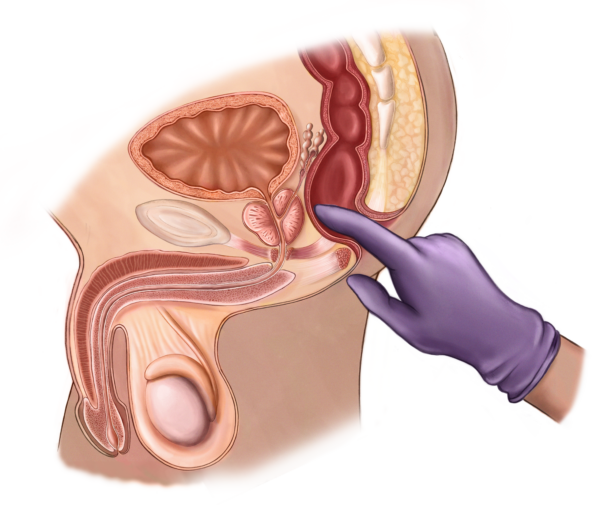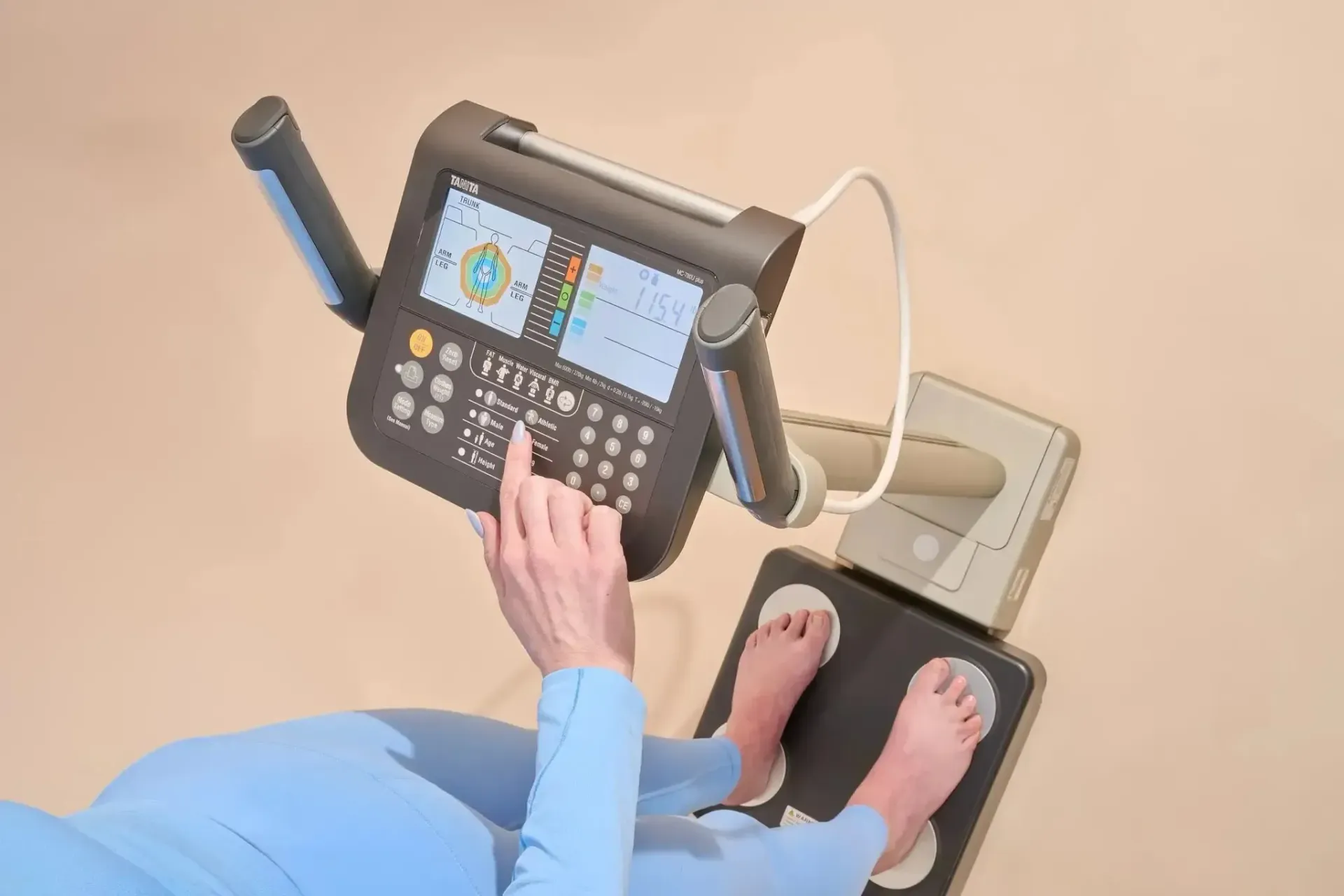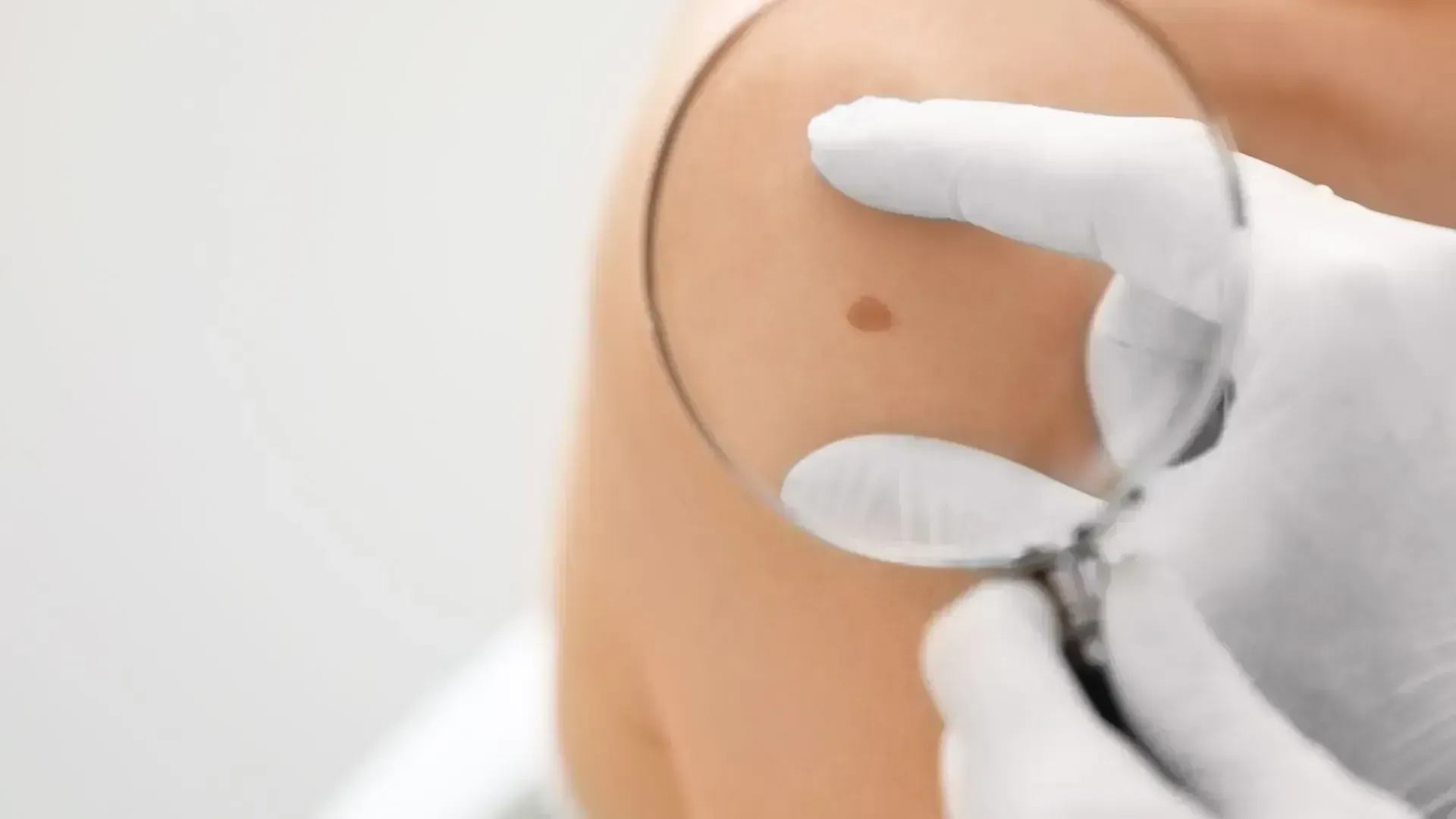Prostate Cancer Checks at 1 Health: What You Need to Know
Why prostate checks matter

Prostate cancer is the most common cancer in Kiwi men. The good news is that many men diagnosed early do very well. The tricky part? Not every prostate cancer needs treatment, and tests aren’t perfect. That’s why it’s important to sit down with your GP, talk through the options, and make the decision that feels right for you.
At 1 Health (Henry Wigram Drive, Christchurch), we offer both the PSA blood test and the digital rectal exam (DRE). More importantly, we’ll guide you through the pros and cons in a clear, supportive way.
The two main checks
PSA blood test
A simple blood test that measures a protein made by the prostate.
- ✅ Can sometimes pick up cancers before symptoms show.
- ⚠️ Levels can also go up for other reasons (infection, benign enlargement, recent activity), which can cause false alarms.
Digital rectal exam (DRE)
A quick exam where the doctor gently checks the prostate with a gloved finger.
- ✅ Helps detect suspicious lumps or changes.
- ⚠️ On its own, it doesn’t pick up every cancer, so it usually works best alongside PSA
The debate: to test or not to test?
Over the years, big studies around the world have shown mixed results. Some found that regular PSA checks lowered the chance of dying from prostate cancer. Others showed little or no difference.
The main issue? Overdiagnosis. Some prostate cancers grow so slowly they never cause problems. But once found, they can lead to extra scans, biopsies, or even treatments that aren’t always needed.
That’s why most guidelines now agree: the decision should be made together with your doctor, based on your age, risk factors, and preferences.
What the guidelines say
- In New Zealand, there’s no national screening programme. Men aged 50–70 are encouraged to talk with their GP. If you’re Māori, Pacific, or have a strong family history, it’s worth considering testing earlier (from age 40).
- In the US and Europe, guidelines recommend the same shared approach—especially between 55–69. Above 70, routine testing isn’t usually advised.
If your PSA is raised
Don’t panic—many men with a slightly raised PSA don’t have cancer.
What usually happens next:
- Repeat the test in a few weeks.
- Look at risk factors (age, family history, symptoms).
- Arrange a prostate MRI before any biopsy (now common practice).
- Biopsy only if needed, and in safer, more targeted ways than in the past.
Should you consider testing?
You may want to talk to us if:
- You’re between 50 and 70.
- You’re 40+ with a strong family history of prostate cancer.
- You’re Māori or Pacific, as risks are higher.
- You have urinary symptoms (frequent peeing, weak flow, blood in urine).
How 1 Health can help
- 🧑⚕️ Clear, balanced advice so you can decide what’s right for you.
- 💉 On-site PSA tests and same-day appointments available.
- 🩺 Discreet, respectful exams if needed.
- 🚗 Easy parking and 7-day GP appointments for your convenience.
Ready to book your check?
If you’d like to talk about prostate cancer screening, we’re here to help.
Call us or book online at 1 Health, Henry Wigram Drive, Christchurch—and take the next step in looking after your health.
This blog is general health information, not a substitute for medical advice. Please book an appointment with your GP for personalised guidance.
Have Questions About Your Health?
Our clinicians at 1 Health are here to help — whether it’s GP care, dental, travel vaccines, or facial aesthetics. Book a consultation anytime.
Book Online:
https://www.1health.nz/contact
Call:
Disclaimer:
This article is for general information only and is not medical advice. Every person’s health situation is different. For personalised guidance or diagnosis, please consult a qualified clinician.














